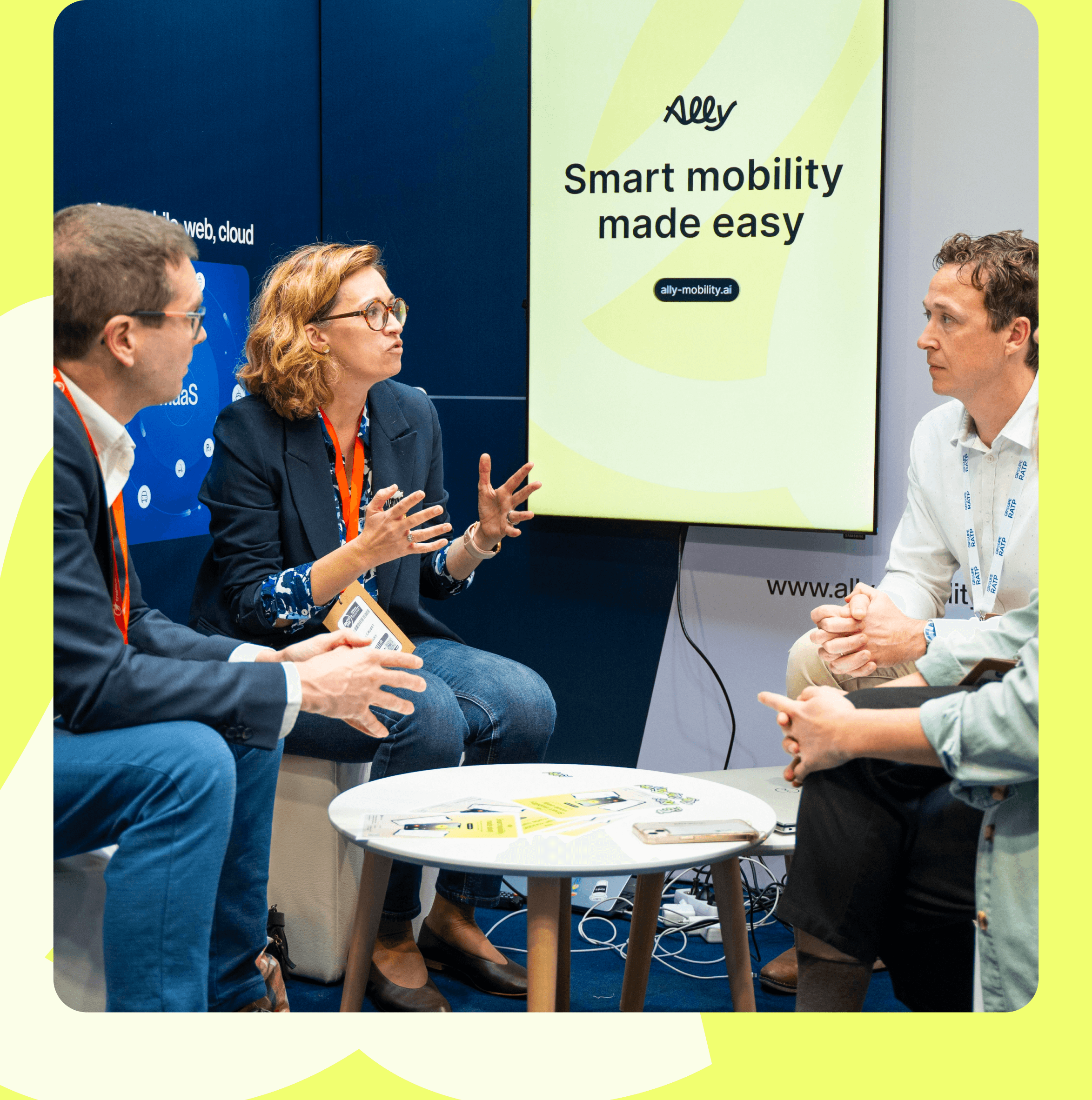Mobility & Transport
MaaS (Mobility as a Service) : a model that integrates all transportation services (bus, tram, bike, carpooling…) into a single integrated digital interface.
RCU (Common User Reference) : a unified database that manages user profiles, subscriptions, and access rights to a transportation network.
GTFS (General Transit Feed Specification) : a data standard for describing schedules and routes of public transport.
GTFS-RT (Real Time) : an extension of GTFS to share real-time information (delays, vehicle locations, incidents).
SAE (Operational Support System) : a supervisory tool that allows operators to monitor, regulate, and optimize the operation of a transportation network.
Ticketing : a set of systems for managing and validating transport tickets (tickets, cards, mobile payments).
Interoperability : the ability of different digital systems (apps, ticketing, supervision) to exchange data and work together.
Digital Interfaces & Services
Chatbot : text-based conversational agent, accessible via an app, a website, or messaging, capable of answering common questions.
Callbot : voice-based conversational agent, accessible by phone, that understands and synthesizes speech to respond to users.
Conversational agent : generic term for an AI (text or voice) that interacts with the user in natural language.
Omnichannel : ability to interact with users across multiple channels (app, web, WhatsApp, kiosk, phone) in a smooth and coherent manner.
Artificial intelligence & data
Conversational AI: a branch of AI dedicated to understanding and generating natural language, to converse with a human (in writing or orally).
NLP (Natural Language Processing): automatic processing of natural language; a set of techniques that allows machines to understand and generate text.
LLM (Large Language Model): a large language model capable of generating text and answering complex queries (e.g. GPT).
RAG (Retrieval Augmented Generation): a technique combining document retrieval and AI generation to provide reliable, sourced, and contextualized responses.
API (Application Programming Interface): an interface allowing different software/systems to communicate and exchange data.
MCP (Model Connected Platform): an architecture of interconnected platforms, where AI agents connect to the data and services of a transport network.
Monitoring: real-time tracking of performance, usage, and incidents of a digital service.
User experience & accessibility
Digital Inclusion: designing services accessible to all (people with disabilities, non-French speakers, audiences distant from digital technology).
Multichannel Accessibility: the ability to access the same information through multiple modes (text, voice, visual).
Contextual Personalization: adapting responses based on the profile, location, time, and habits of a user.
Our resources





